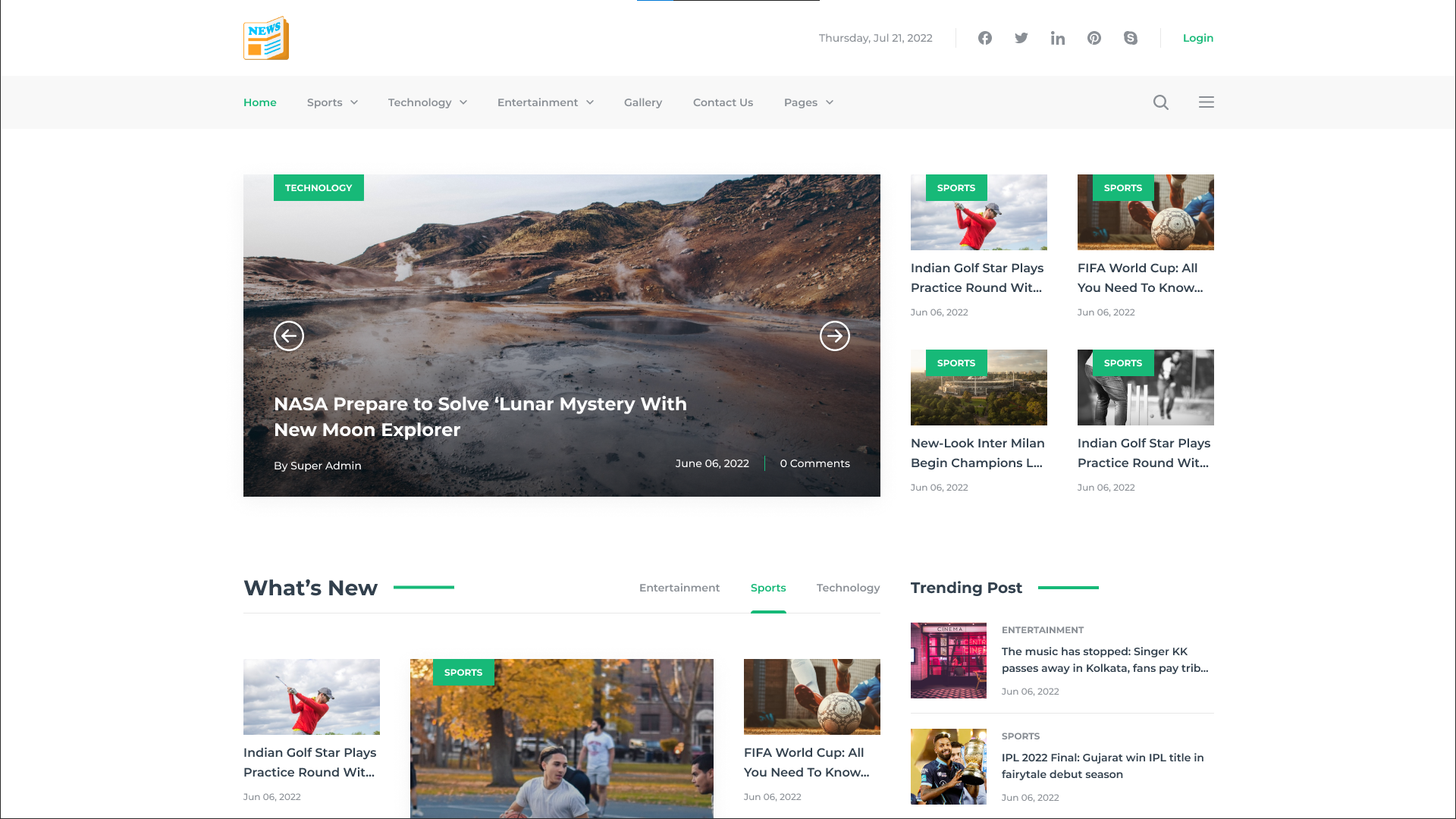Sizable enterprises, such as luxury goods producers and automakers, function inside vast networks of third-party suppliers. These networks frequently include hundreds of thousands of tiny companies from around the globe that provide labor, software, and parts for the finished good or service.
However, Moody's Analytics notes that ties to companies involved in undesired or illegal behaviors may go undetected in the absence of a thorough and risk-based approach to due diligence, emphasizing the significance of evaluating and mitigating risk across extensive supplier networks.
Effective supplier risk management is more important than ever since laws like the German Supply Chain Act and the Uyghur Forced Labor Prevention Act are influencing international company practices. "Moody's clients tell us that if they get supplier risk management wrong, it could threaten their entire future and the existence of their business," said Enrico Aresu, Director at Moody's and Industry Practice Lead for Financial Crime Compliance & Third-Party Risk DACH - BeNeLux - CEE. Highlighting the high stakes for the situation.
This aspect of risk management is essential for preserving profitability, operational resilience, and avoiding reputational harm from unfavorable media coverage of supply chain misdeeds.
Due diligence must be conducted in a transparent, risk-based manner in order to achieve compliance and safeguard a business's operations and image. But there are serious problems with data, technology, and process fragmentation, especially for large, international companies with intricate supply networks. For efficient and successful risk management, a single perspective of counterparty risk across the supplier profile is essential.
Automated Know Your Business (KYB) procedures are vital for validating important data about businesses all around the world. These procedures provide businesses the confidence to decide on partnerships and take proactive measures to reduce risks while juggling local regulations with global standards. Identification of high-risk third parties, compliance facilitation, and the avoidance of delays and breaches are all made possible by KYB solutions.
The difficulties luxury vehicle manufacturers have adhering to the Uyghur Forced Labor Act have been brought to light by recent news. It is now crucial to perform extra due diligence on suppliers in high-risk zones since parts made in China's Xinjiang province may result in automobiles being refused entry into the US market. Automated risk analysis can assist in identifying and resolving compliance problems before they result in expensive delays.
Due diligence is crucial since business structures can be complicated, especially if they are intended to hide relationships with high-risk areas like Xinjiang. Companies can successfully manage and mitigate supplier risk by discovering ties to sanctioned or high-risk groups through the use of analytical tools and pertinent data.
Organizations of all sizes find that a risk-based approach to supplier due diligence is crucial for assisting them in navigating intricate corporate structures and alliances. Companies can effectively manage risks in accordance with laws, regulations, and sustainability standards by establishing policies, procedures, and controls that are based on an awareness of the unique risks they face. Companies may maintain a strong due diligence process, protect their operations and reputations, and ensure the integrity of their supply chains by striking a balance between workforce, technology, and data.







.jpeg)

.jpeg)
.png)










Comments 0